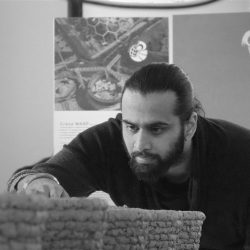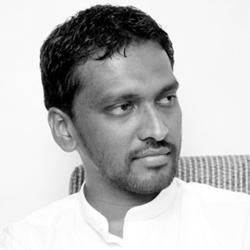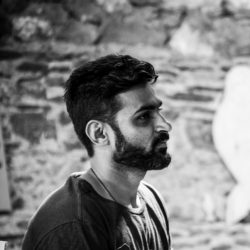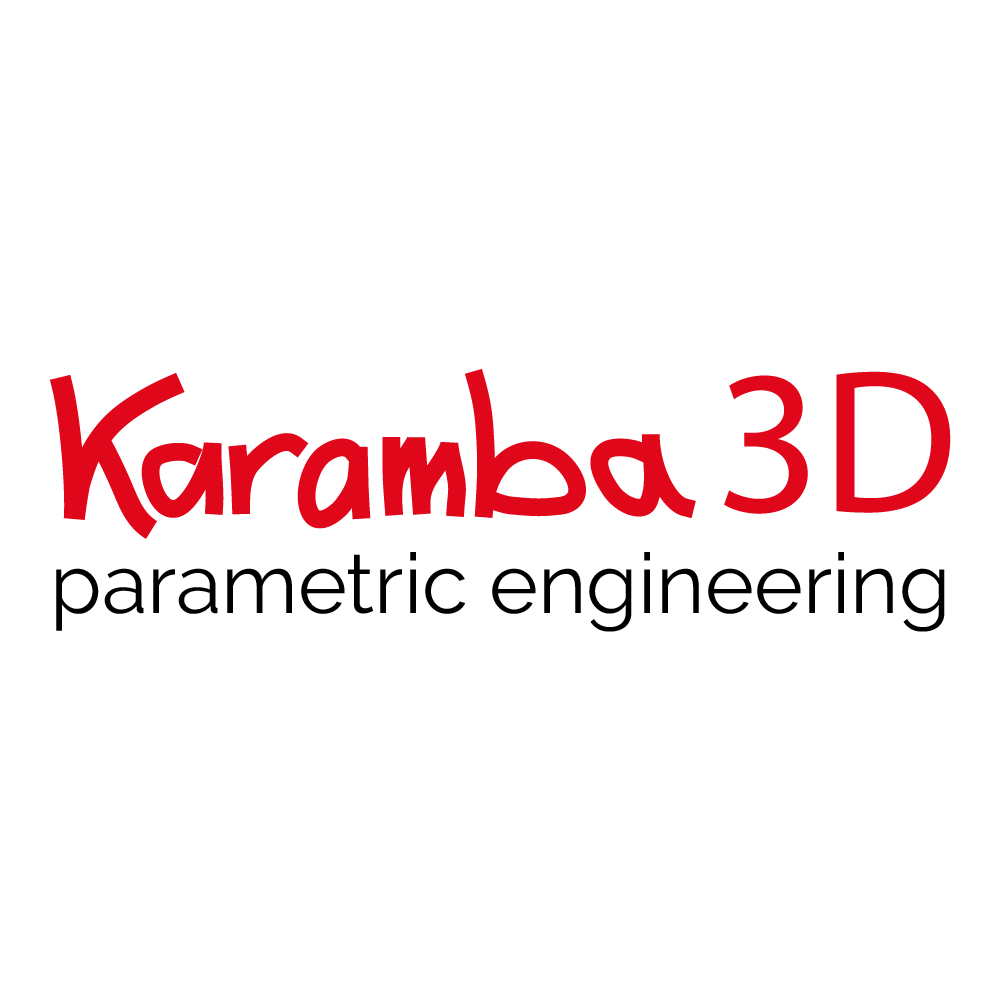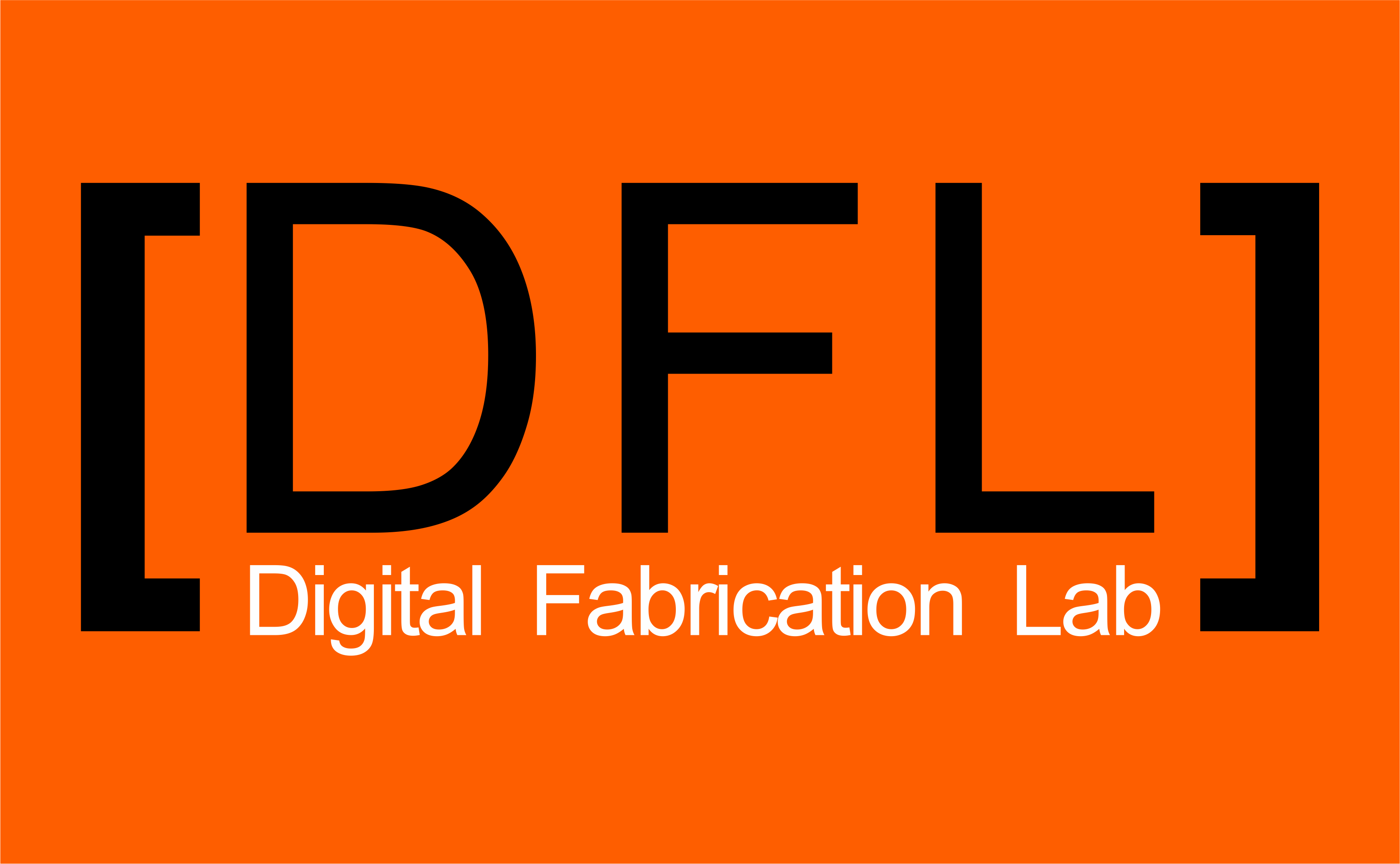ROBOTS IN CONSTRUCTION
We have now entered a new digital age, and As we move towards the future, we embrace evolution, knowing that everything we interact with in our everyday lives will improve, be enhanced in its performance and potentially customised by its users. Features shift, defaults disappear, menus change.
How can we recognize transitions and anticipate mutations?
How to shape alternative solutions?
In India, Construction sector will remain buoyant due to increased demand from real estate and infrastructure projects. On the other hand, construction industry is one of the least automated industries that feature manual-intensive labor as a primary source of productivity. Automation of processes and systems, increasing the use of technology in everyday tasks, and autonomous machinery seems like a far-fetched fantasy out of a sci-fi film for construction industry. Construction industries are constantly seeking ways to cut costs in several aspects of the business, from construction surety bonds to business management tools. However, the current environment of construction industries have pushed the need for digitization ahead in a short period of time. As a highly unautomated industry, construction is poised for a robot revolution and hence, construction robots will have a major impact on this industry. That said, the future of construction now is related with machines, with human and machine interaction, with automated robotics and artificial intelligence. Such prowess directly addresses India’s massive need for infrastructure development. Hence, this is directly related to current architecture design practicesand the idea is to facilitate these practices towards a more sustainable way of building, inhabiting, and rethinking our construction techniques.
The Global Summer School India node aims to establish a manifesto to make architects, designers and engineers as innovators and change agents in the construction industry. By way of introducing robotics and automation in construction, and focus on revolutionizing technology and processes to address real world problems and provideinnovative solutions that are optimised and sustainable.
During the workshop, participants will explore a series of methodologies looking to incorporate advanced design thinking, generative algorithms and dynamic material feedback to existing industrial processes, accompanied with novel interfaces for robotic programming and large-scale automated construction. The first of these was the investigation of multi-scalar modelling techniques and an aim to better understand their potentials within the discipline of architectural design modelling for generative, analytical, and fabrication-related processes. The potentials of a multi-scalar modelling approach explored here apply to the computation of specific material properties in the context of experimental structural systems and digitally-driven production processes. Articulated to challenge the quality of feedback between design, material properties and making.
‘Robots in Construction’ is an initiative by Global Summer School India to repurpose the construction process to change the way we build and develop processes and design tools, to have mass customized architectural elements at no additional cost using Digital and advanced Robotic Fabrication.



